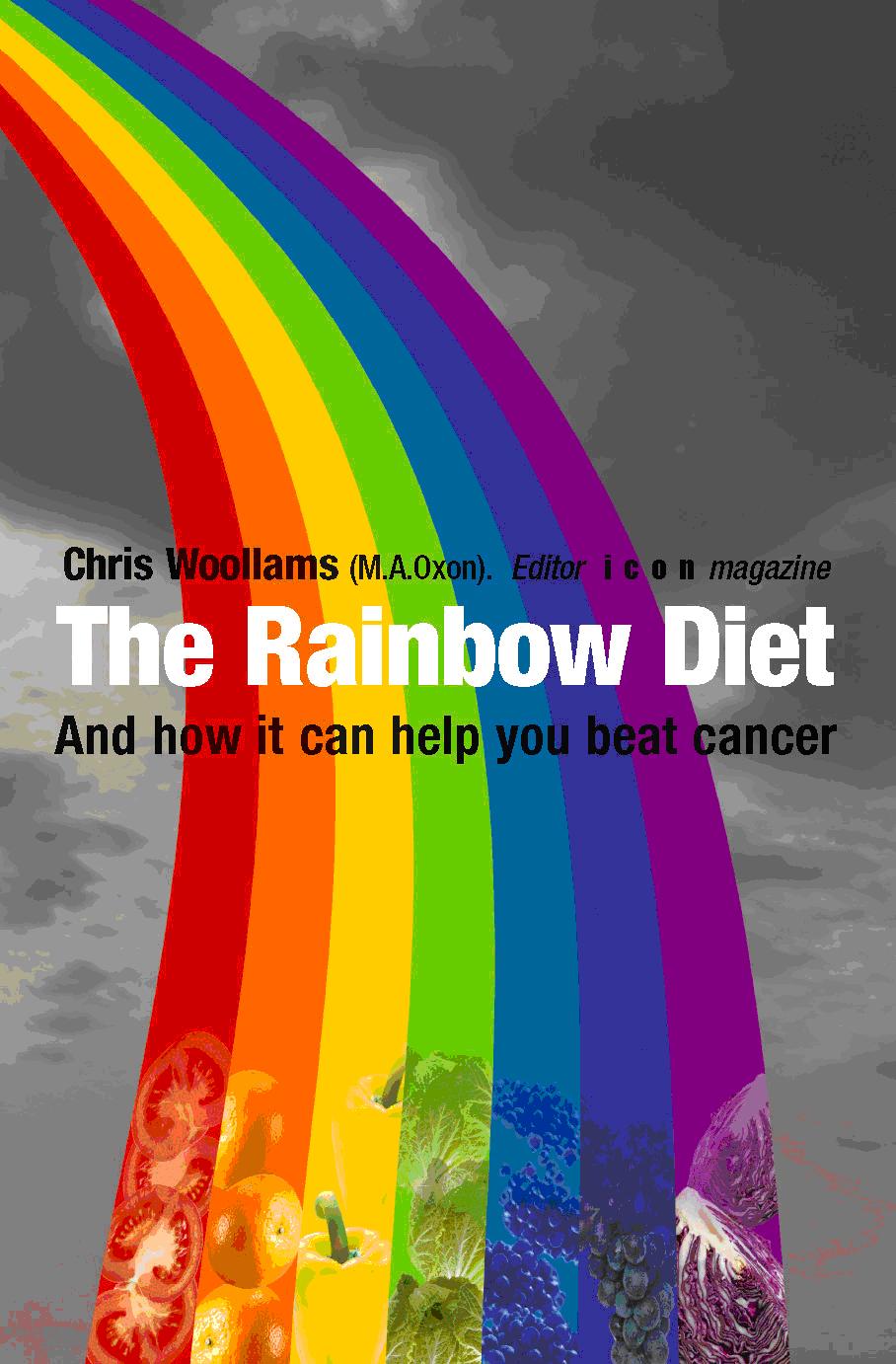
"Vitamins are useless at stopping cancer. In fact they may even make it worse."
Well so two recent studies would have you believe. That is until you look into them in more detail. And in the end I just worry about the quality of the scientific thinking that goes into all this and the sweeping generalisations that emerge, often inaccurately.
First we had the beta-carotene scare as covered in the last issue of icon - Cancer Watch. Here, Dr Goran Bjelakovia in Copenhagen and his researchers had performed a master study, a review of 14 of the major studies on beta-carotene, and concluded that not only was it not much good, regular pill pumpers actually had more cancers.

I just worry about the quality of the scientific thinking that goes into all this

There were however just a couple of tiny flaws in this first master study. Firstly it certainly didn’t include all the major research studies on beta-carotene; in fact it was actually biased (according to a spokesperson from Cancer Research UK) to include an unusually high percentage of smokers. And we all know and accept that smokers (and people exposed to large volumes of asbestos) have their cancer rates worsened by taking beta-carotene. Hardly a clever piece of master research.
Indeed in those trials reviewed it also confirmed that people taking some antioxidants actually died prematurely. (Takers of beta carotene with vitamin A had increased mortality of 30 per cent; beta carotene plus vitamin E 10 per cent). Cancer Research expressed the need for caution on these findings and stated that, in fact, they did not ’offer proof of hazard’.
But, brace yourself. In the Annals of Internal Medicine (Vol 142, Issue 1) you will find another ’master study’ or whatever these studies are called. This one re-analyses data from 19 studies on vitamin E between 1993 and 2004 and was undertaken by researchers at John Hopkins Medical Institutions. This suggests increased mortality in those regularly talking more than 400 IU’s. Dr Edgar Miller, lead author of this meta-analysis has actually publicly state, that if people take a multivitamin regularly "they should make sure it contains no more than a low dose of vitamin E - our study shows high dose vitamin E was associated with higher risk of death."
However, yet again we find that this ’master analysis’ is no such thing. For the record, there are in fact eight main ’versions’ of vitamin E, four tocopherols and four tocotrienols. The 19 trials featured here used only one - tocopherol. The studies featured also only recruited elderly people suffering chronic illness. Certainly too limited to make generalisations about all people and excess vitamin E. We have provided information on far more studies in past issues of icon.
But another factor did slightly concern me. In both the two ’super studies’, all the research chosen involved synthetic vitamins. We recently covered the perils of synthetic progesterone with its proven side effects that can even increase cancer risk. And we simultaneously reviewed natural progesterone and its clear anti-cancer benefits.

What if the same ’synthetic is dodgy’, ’natural is good’ equation were happening here?

What if the same ’synthetic is dodgy’, ’natural is good’ equation were happening here?
And so I worry. Why? Well from August 2005 the EU has decided that only those vitamins that can prove benefit (and this involves the submission of a ’paper’ that could cost in excess of £100,000 per application), will be available for sale to you and I.
So given that the volume manufacturers make synthetic vitamins and can afford to prepare papers for EU approval, but the little guy making natural vitamins cannot afford to do so, we will be left with only synthetic vitamins on the high street and, worse, only -tocopherol!!
And if these two master studies are right, that just cannot be clever.
 At Last - the definitive, research based book on how to build a diet to help beat cancer. Click here to read about it.
At Last - the definitive, research based book on how to build a diet to help beat cancer. Click here to read about it.